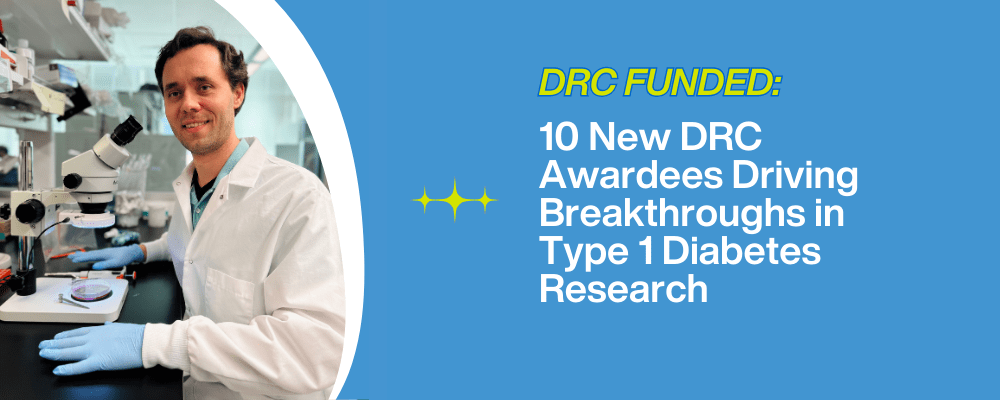Currently, the most effective method for managing type 1 diabetes is regularly testing blood sugar levels and administering insulin. However, this can be hard on patients and on their bodies, and it does not control type 1 diabetes (T1D) as well as the pancreas does naturally on its own. But in individuals with T1D, the immune system mistakenly attacks and destroys insulin-producing beta cells produced by the pancreas, which is why insulin injections are necessary.
Researchers have been testing methods of transplanting pancreatic islet cells into patients with T1D in an effort to replicate or restimulate the body’s natural process for managing blood sugar. One of the challenges that they have faced is keeping transplanted cells alive and functioning for more than a few days or possibly weeks. They often do not establish the proper vascularization or oxygenation necessary for survival. In some cases, they are once again attacked and destroyed by the immune system.
A recent study shows encouraging results when it comes to islet cell transplantation, however. Rather than transplanting the cells into or near the liver, scientists placed them under the skin. The islets were encapsulated in a collagen-based matrix that provided a layer of protection while also improving the amount of oxygen the cells received. Scientists are not entirely sure why this process works, but it has shown positive results in mouse models.
One hundred mice whose pancreases had been removed were transplanted with collagen-encased islet cells from mice, pigs, and humans. Results showed that the mice did not require insulin injections to control blood sugar levels for up to 100 days. It is important to note that tests in mouse models do not always translate exactly the same in human models. Scientists do not yet know if humans would experience the same response to this approach. More testing is needed.
But it is a step in the right direction toward improving diabetes management and stimulating a more natural and effective process. Though not involved with this particular study, the Diabetes Research Connection (DRC) is committed to advancing understanding and treatment of the disease by providing critical funding to early career scientists. One hundred percent of donations go directly to researchers and their projects. Learn more and find out how to help by visiting http://localhost/drc.
Please DONATE NOW so DRC can keep bringing you credible, peer-reviewed T1D news and research.
Thank you




